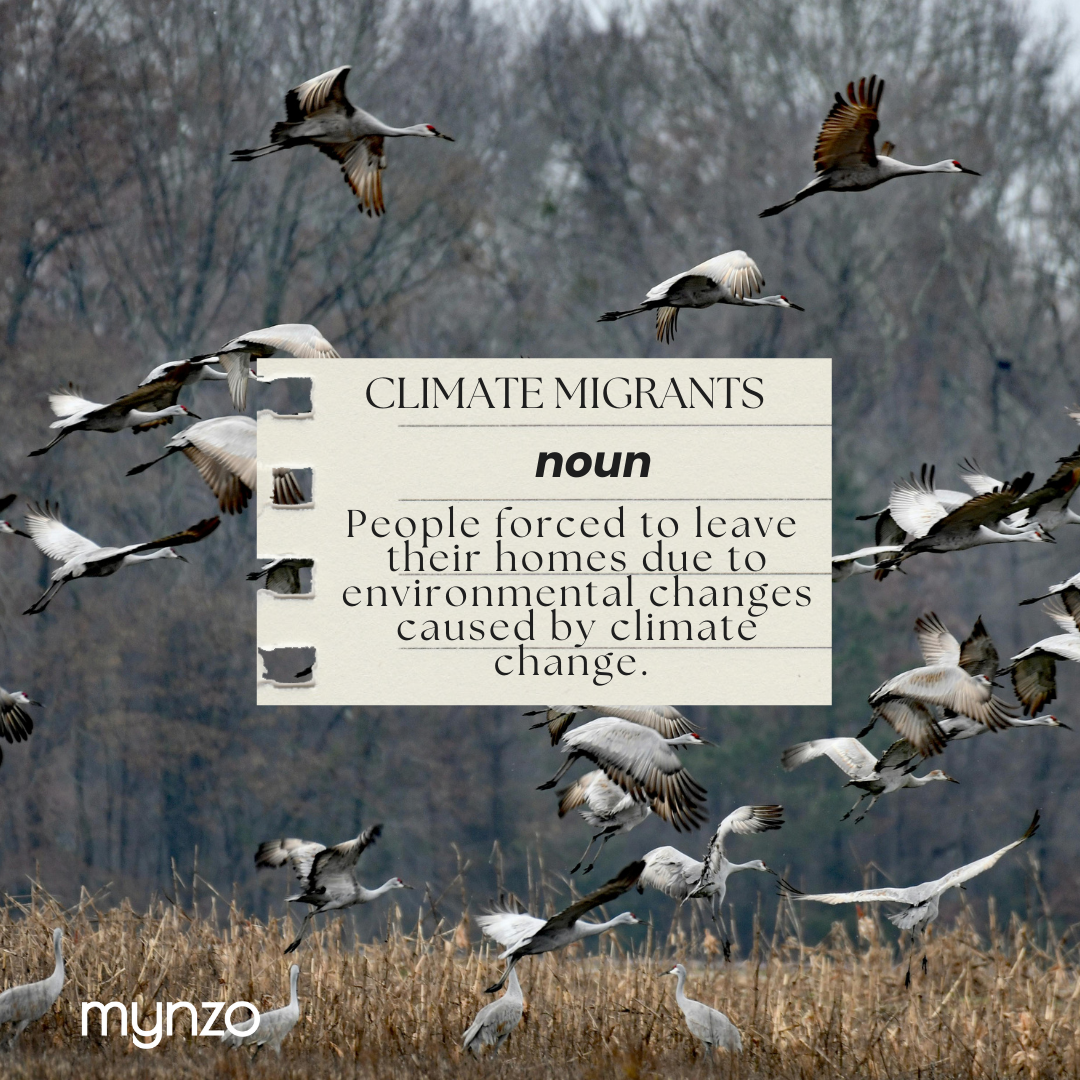
As the climate warms, the emotional toll of these changes often goes unnoticed. Rising seas, extreme weather, and disappearing ecosystems are reshaping not only the physical world but also our mental landscapes. While the scale of climate change can feel overwhelming, it also offers an opportunity to nurture resilience, build connection, and protect both our planet and our well-being.
The mental health impacts of climate change are most evident in communities directly affected by extreme weather events. According to the American Psychological Association, those who experience climate-related disasters are significantly more likely to suffer from anxiety, depression, and post-traumatic stress disorder (PTSD). Following Hurricane Harvey in 2017, nearly 30% of survivors in Houston reported heightened levels of anxiety and depression. For many, the trauma of losing homes, communities, and a sense of security is profound. Yet, in these moments of devastation, human resilience often shines through. Communities rebuild, support one another, and begin to heal. This collective strength reminds us that even in the face of loss, there is room for renewal.
However, the psychological toll of climate change extends beyond those impacted by disasters. Increasing numbers of people are grappling with “eco-anxiety,” a chronic worry about the planet’s future. A 2021 study by the Yale Program on Climate Change Communication found that 73% of Americans are “very” or “somewhat” worried about climate change. The constant barrage of alarming news about rising temperatures, melting ice caps, and escalating storms creates a pervasive sense of helplessness.
This anxiety can become a powerful catalyst for action. Studies show that engaging in meaningful actions, such as reducing carbon footprints or supporting climate policies, can help alleviate eco-anxiety. In Copenhagen, where residents are deeply involved in sustainability efforts—from cycling initiatives to green urban spaces—community participation has fostered a sense of hope and collective responsibility, ultimately improving well-being. Programs like New York City’s MillionTreesNYC, which restored green spaces across the city, not only benefited the environment but also improved residents’ mental health.
Another psychological impact of climate change is “solastalgia,” a term coined by philosopher Glenn Albrecht to describe the grief people feel when their familiar environments are altered or destroyed. For farmers in drought-stricken regions of Australia or residents of Pacific Islands facing rising seas, witnessing the degradation of their home landscapes is a profound emotional loss.
A 2020 study by the Australian National University found that rural communities affected by climate change experienced an increase in feelings of sadness and loss. Unlike nostalgia, which longs for a past that can never return, solastalgia is the grief of watching a place that once felt like home slip away. Yet, this grief also opens the door to healing. Acknowledging solastalgia allows communities to unite in efforts to protect and restore the environment, fostering emotional resilience alongside environmental stewardship.
Despite the challenges, the link between climate change and mental health is not solely one of distress. It offers an opportunity for reconnection. In caring for the planet, we care for ourselves. By tending to both our mental health and the earth, we can create a more sustainable, emotionally resilient future.










